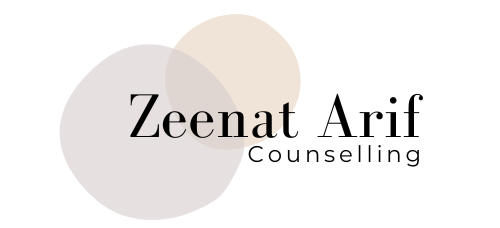I am a qualified Integrative Counsellor and a registered member of the British Association of Counselling and Psychotherapy (MBACP). I adhere to their values, morals and code of ethics.
My training over 4-year period has been in Person Centred Therapy, Cognitive Behavioural Therapy (CBT), Motivational Interviewing, Neuro-Linguistic Programming (NLP), Solution Focused Theory, Brief Therapy and Brief Therapy with Children and Young People. I hold a BA in Counselling and I have been practising Counselling since September 2016.
I specialize in Trauma, Bereavement and Loss. Trauma is a frightening experience; irrelevant of age; which overwhelms one’s capacity to cope due to the inescapable nature of the experience. The impact of experiencing trauma is fight/flight reactions, where ones nervous system is overflowed with adrenaline and the stress hormone, cortisol, continuously. This continuous release can have major repercussions that can continue after the traumatic event is over. Many studies find this overflowing of chemical release can begin to manifest in ones physical body through pain, ailments and increased levels of anxiety. Another impact of experiencing trauma is the freeze response. This is when one cannot fight or run from the threat. The natural survival response, widely known as dissociation, automatically activates. Trauma is not limited to physical threat, it can be emotional, verbal, neglect and witnessing someone else’s trauma, secondary trauma. In all instances the goals of trauma therapy is therefore to disrupt reactive brain patterns, bring balance/harmony to the nervous system and integrate traumatic memories by learning new coping strategies to calm the nervous system, increase self-awareness/self-education and begin associating to the original event to explore and find a way to end the event and put it in the past, achieved through mindful presence. Trauma occurs in relating to another and it is only in forming new safe relations one can begin healing relational trauma.
I first started researching and studying Trauma therapy in my first year of University in 2015 and as time passed my interest in the field piqued allowing me to complete my dissertation in researching deeper contextual understanding of trauma and healing. I have since completed CPD courses with various organisations related to Trauma studies such as NICABM (National Institute for the Clinical Application of Behavioural Medicine), PODS (Positive Outcomes for Dissociative Survivors) and regularly researching the field through reading relevant books, following research and online communities.
I have experience in the following areas;
